The Baltic Methodist Theological Seminary (BMTS) has a compelling and detailed history spanning more than 30 years—from a vision born under Soviet occupation to its current role as a significant theological institution in the Baltic region.
I. The Vision and Foundational Years (Pre-1994 to 1994)
The origin of BMTS lies in Soviet-era Estonia, where theological education was prohibited and access to Christian resources tightly restricted. Yet leaders like Olav Pärnamets, denied formal theological training, carried a deep conviction that the Estonian United Methodist Church (UMC) needed its own seminary. This aspiration, rooted in necessity and unwavering faith, would eventually give birth to BMTS.
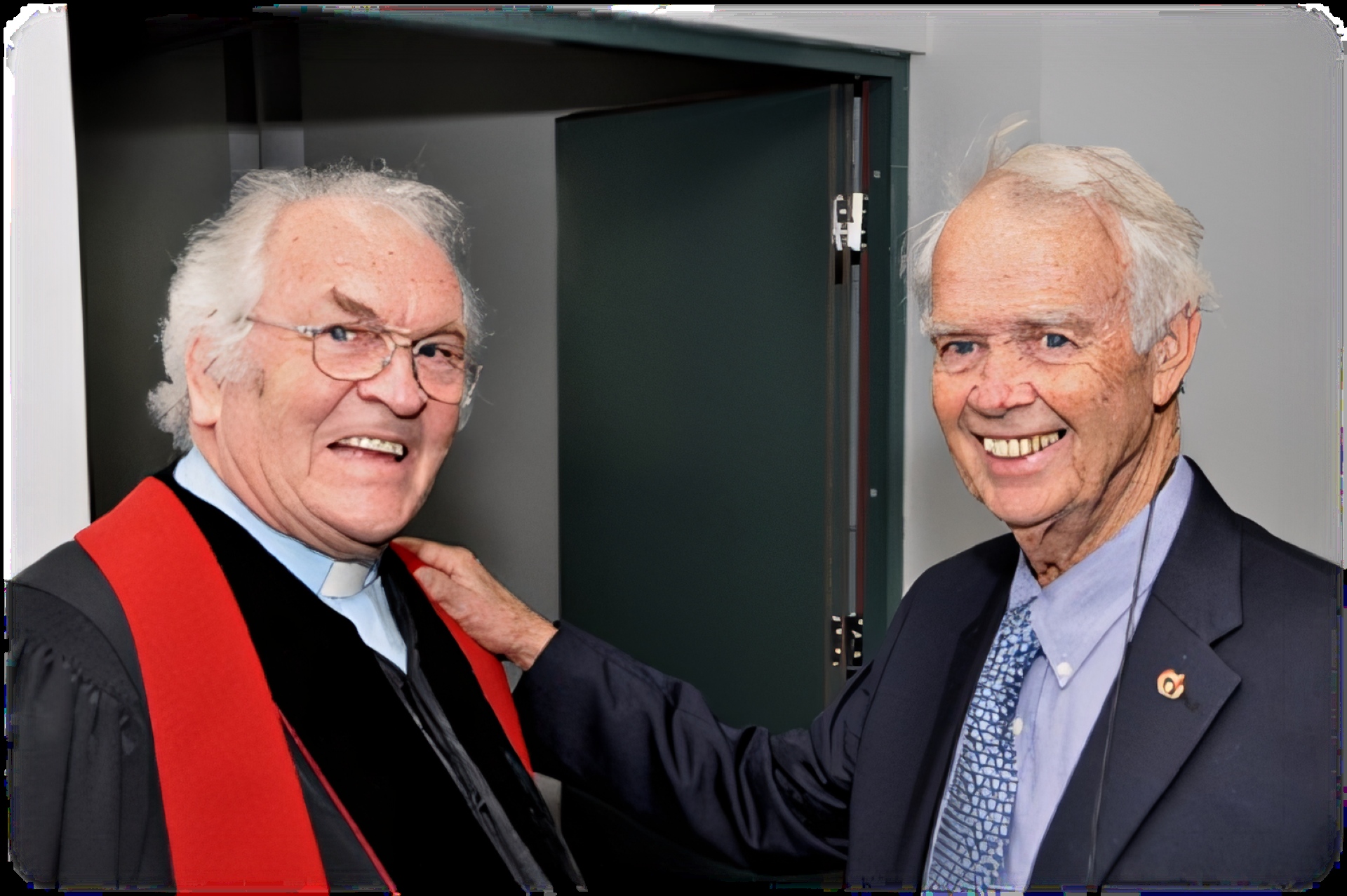
Following the collapse of communism and Estonia’s restoration of independence in 1991, that dream began to take shape. A key turning point came when Dr. H. Eddie Fox, Director of World Evangelism for the World Methodist Council, sent Wes and Joy Griffin—both graduates of Asbury Theological Seminary—to Estonia to work alongside local Methodists in establishing the Seminary. Dr. Fox remained a faithful member of the BMTS Board of Trustees until his death on July 28, 2021.
Another foundational figure was Andrus Norak, who completed his Master of Divinity at Asbury in the spring of 1994. Upon returning to Estonia that summer, he played a central role in developing the Seminary’s statutes and curriculum, later becoming its first rector.
Support came quickly through a ten-year partnership with Asbury United Methodist Church in Tulsa, Oklahoma, which provided financial backing, including salary support and infrastructure development.
BMTS was formally established in August 1994, with initial classes held during a study seminar at the Methodist camp at Aa (Camp Gideon). The curriculum from the beginning included both a four-year degree in theology and a one-year certificate in practical theology. Early faculty included Dr. Chuck Killian, Kersti Raudsepp, and Margit Sepp. Wes Griffin served as Academic Dean until the end of 1995.
II. The Apteegi Street Experience and Early Growth (1994–1999)
In September 1994, regular studies began in cramped quarters on Apteegi Street in Tallinn’s Old Town. Conditions were far from ideal: one overcrowded classroom, improvised dining arrangements, and a “broom closet” library. Administrative offices were partitioned into narrow shared spaces.
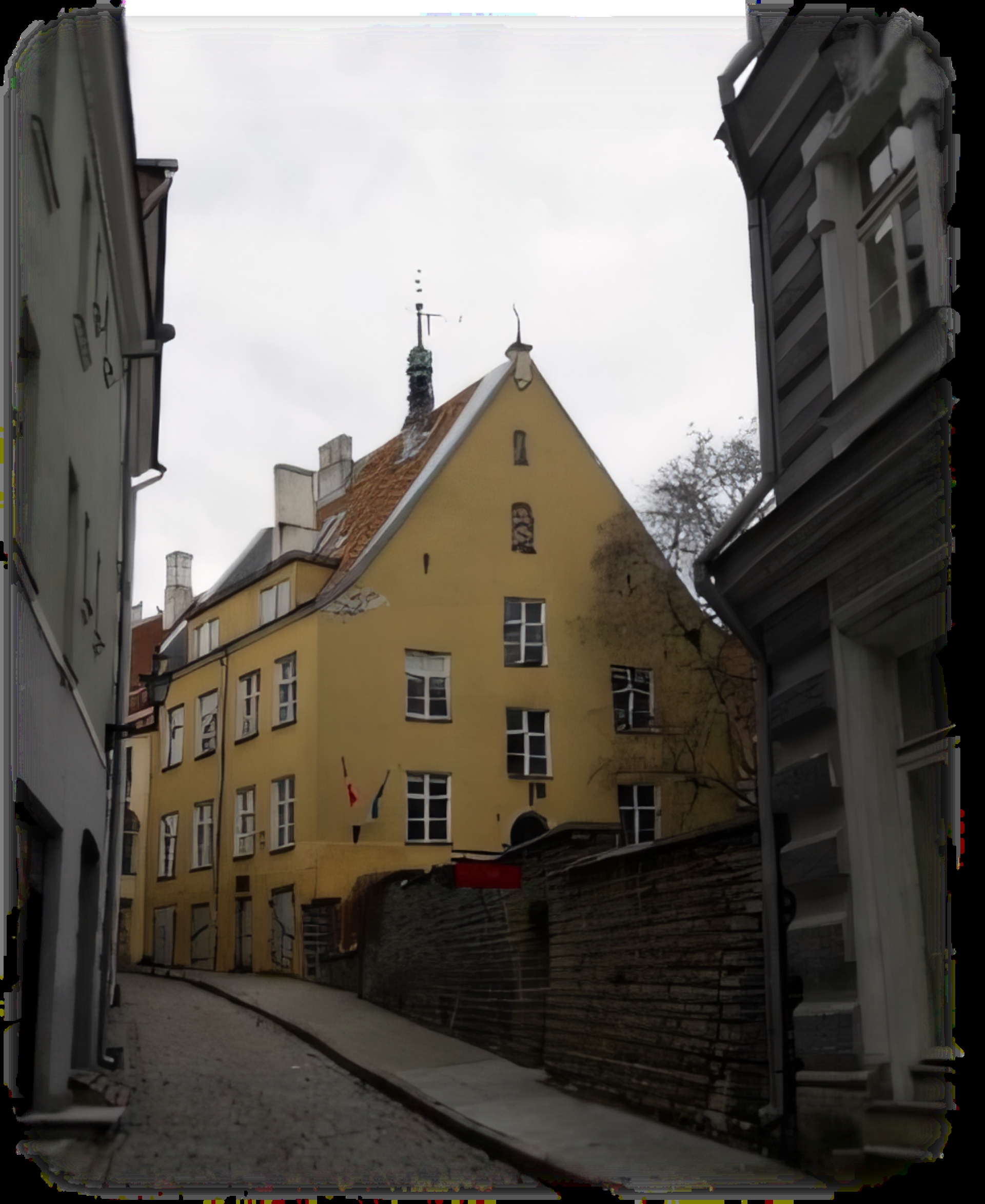
Despite the physical limitations, these early years were marked by warmth, unity, and spiritual intensity. Many students were mature Christians and lay pastors, some of whom had endured decades of religious suppression under communism. Among them were Anne Saluraid (now New Testament lecturer) and Rein Laaneser (educational technologist).
BMTS was multilingual and ecumenical from the start. Courses were conducted in Estonian, Russian, and English with real-time translation, thanks to equipment donated by Asbury UMC. Students came from Lutheran, Baptist, Pentecostal, Orthodox, and Catholic backgrounds. The result was a vibrant, Pentecost-like learning environment.
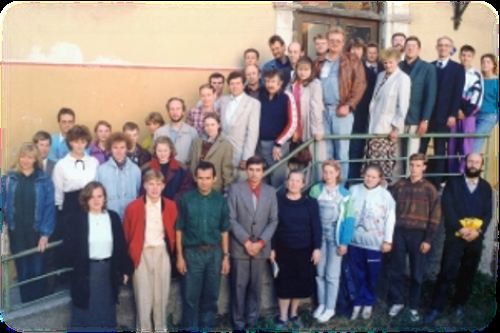
Initially, no tuition was charged. All student expenses—including food, transport, and housing—were covered by donors. A modest tuition fee was introduced in 1997 and gradually increased as Estonia’s economy developed. Today, about one-third of BMTS’s budget is supported by domestic income, with the remainder raised through national and international support.
Important milestones during this period included:
- Üllas Tankler appointed Acting Dean (1995)
- Mark Nelson joins faculty (1996)
- Kersti Raudsepp becomes Academic Dean (1996)
- BMTS receives state accreditation as a private higher education institution (1998)
- Lii Lilleoja assumes the role of Dean (1998)
- First graduation ceremony held in the under-construction Baltic Mission Center (1998), with 19 graduates
III. Expansion at Narva Street and Program Development (2000–2012)
In January 2000, BMTS moved into the newly built Baltic Mission Center on Narva Street 51. This marked a dramatic improvement in facilities, including purpose-built classrooms, a library, dormitories, cafeteria, and professional interpretation booths.
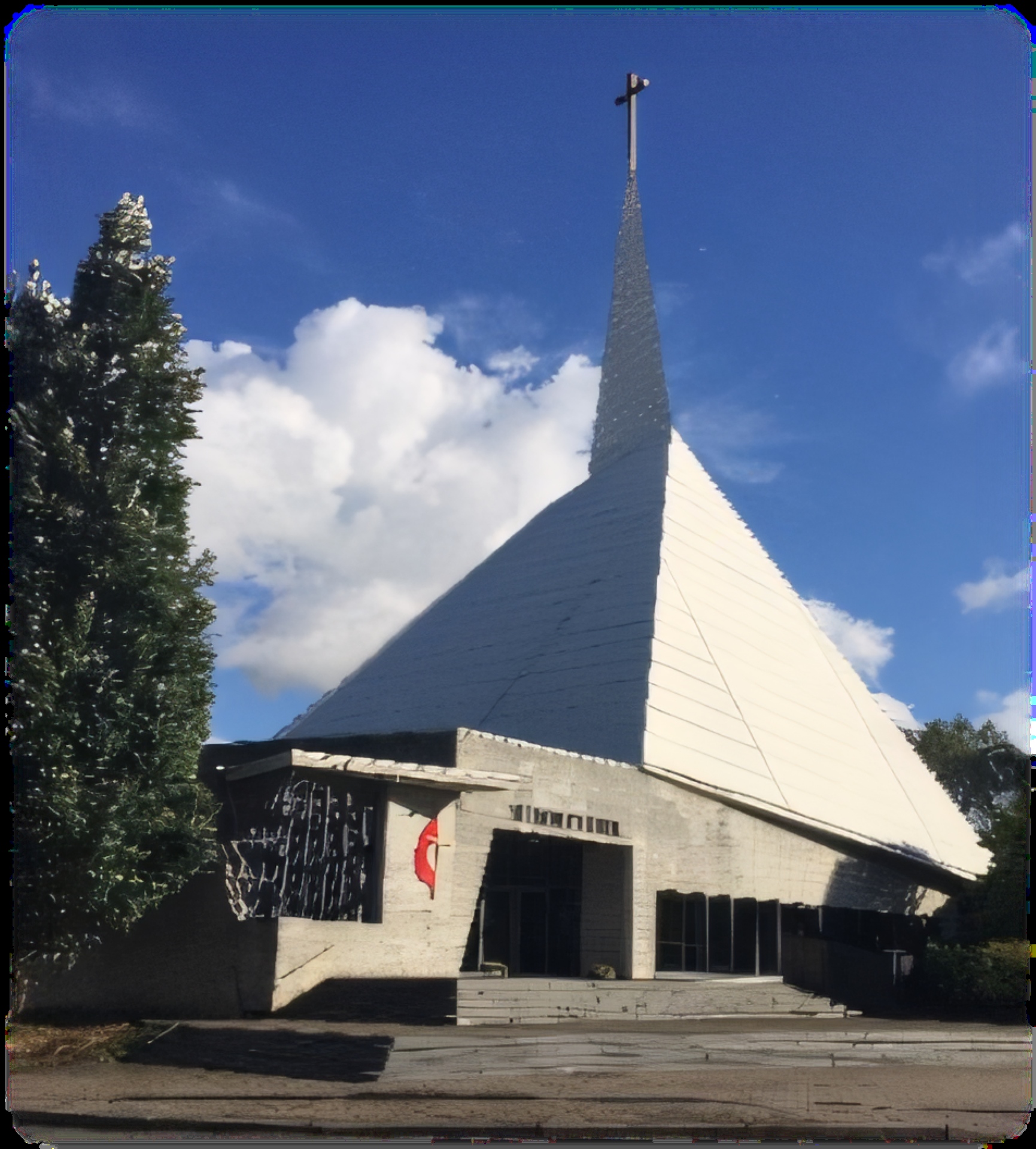
Key developments during this period included:
- Distance Study Program (2000): Students could now attend intensive sessions three times a year, balancing studies with full-time work.
- English as Official Language of Instruction (2002): Students from Latvia, Lithuania, Finland, and Brazil accessed Estonian lectures via simultaneous interpretation.
- Mission to Finno-Ugric Peoples (from 2002): BMTS launched long-term outreach to indigenous peoples in Siberia. A milestone came in 2009 when Nadezhda Popova became the first Komi person to graduate from a Protestant theological seminary.
- Modular Study Program (2006): Monthly weekend sessions became the most popular study format for local students.
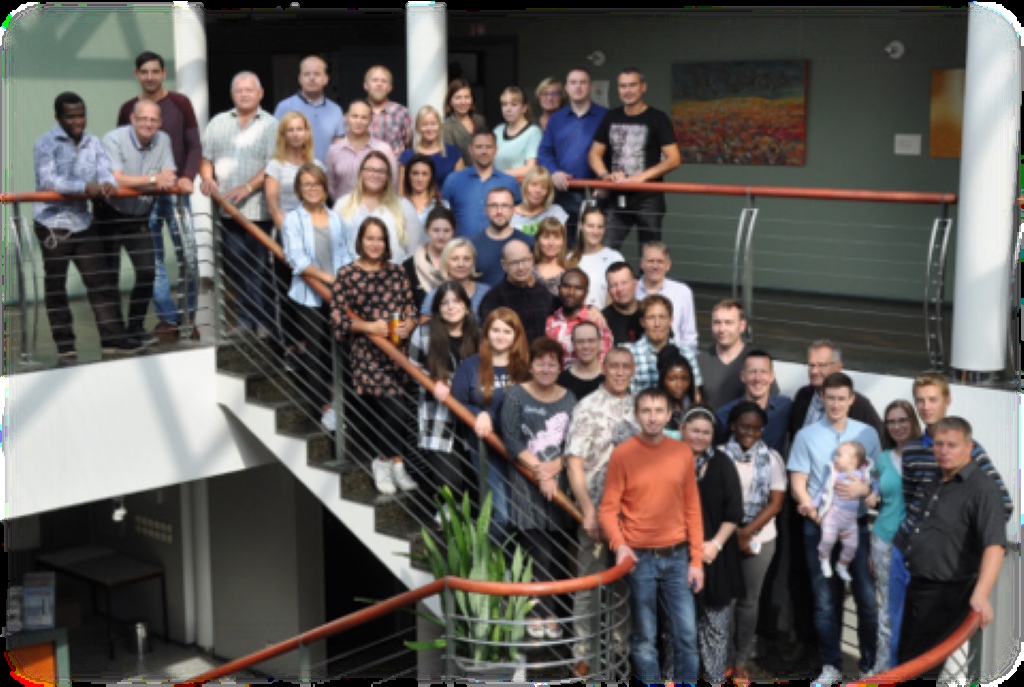
Leadership transitions continued: Andrus Norak stepped down in 2007, Lii Lilleoja served as Interim Rector, and Dr. Meeli Tankler took office in 2009. A strategic development plan was implemented for 2010–2013. The Seminary also joined the eLearning Consortium in 2011 and began offering continuing education for pastors in 2012.
IV. Modernization, Partnerships, and Consolidation (2013–2023)
BMTS continued to evolve into a modern, internationally connected institution.
- Curriculum Reform (2013–2016): A new three-year curriculum titled “Theology and Mission” was implemented, shaped by a regional needs assessment.
- Strategic Partnerships: BMTS signed MOUs with Asbury Theological Seminary, the Salvation Army, and various Pentecostal organizations. In 2014, it joined the European Council for Theological Education (ECTE).
- In 2018, Dr. Külli Tõniste became rector
- Celebrated 25th anniversary in 2019
- Church Planting Conference (2020): Co-hosted with Asbury, reflecting BMTS’s missional focus.
- Erasmus+ Charter (2022): Enabled faculty and student exchanges, with the first partner visit from Belgium in 2023.
Technological upgrades included a full-scale hybrid classroom in 2021, which allowed seamless online and in-person instruction.
Funding and Scholarships:
BMTS began receiving grants from the UMC Central Conference Theological Education Fund (CCTEF), covering ~15% of its annual income. In 2022, the Holston Foundation provided a $100,000 gift, and a wartime scholarship fund was established to support displaced students.
V. Recent Developments (2023–Present)
In July 2023, the Estonian Methodist Church disaffiliated from the UMC. Robert Tšerenkov was appointed Chair of the Board of Trustees. Rector Dr. Külli Tõniste went on sabbatical, and Taavi Hollman served as interim rector.
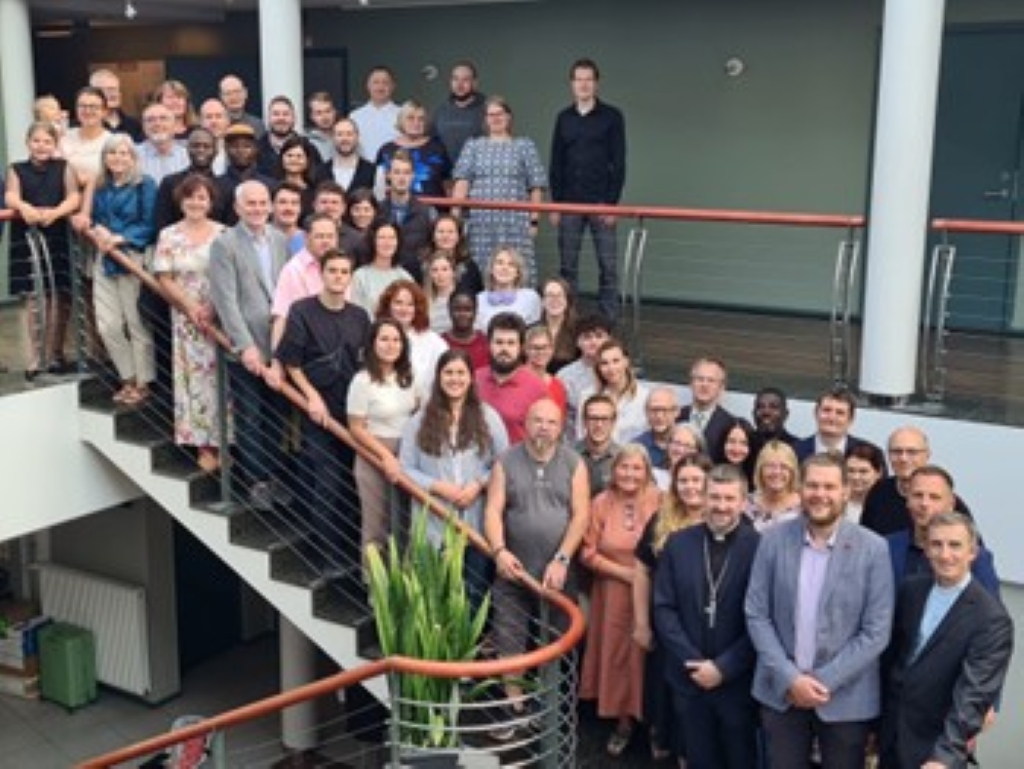
In 2024, Dr. Laur Lilleoja was appointed Rector. He initiated a renewed development strategy, including:
- Signing new cooperation agreements with the Estonian Free Church Theological Seminary and the Institute of Theology of the Estonian Evangelical Lutheran Church
- Receiving 7-year full state accreditation in February 2024
- Preparing to launch micro-degree programs in fall 2025 and a Master’s program by fall 2026
- Increasing Erasmus+ mobility and expanding continuing education offerings
VI. Legacy and Impact
As of 2025, BMTS has 297 alumni from over 30 countries, 78% of whom were active in ministry. The Seminary has become a beacon of theological formation in the Baltics, empowering leaders for churches, missions, and social ministry across Europe and beyond.
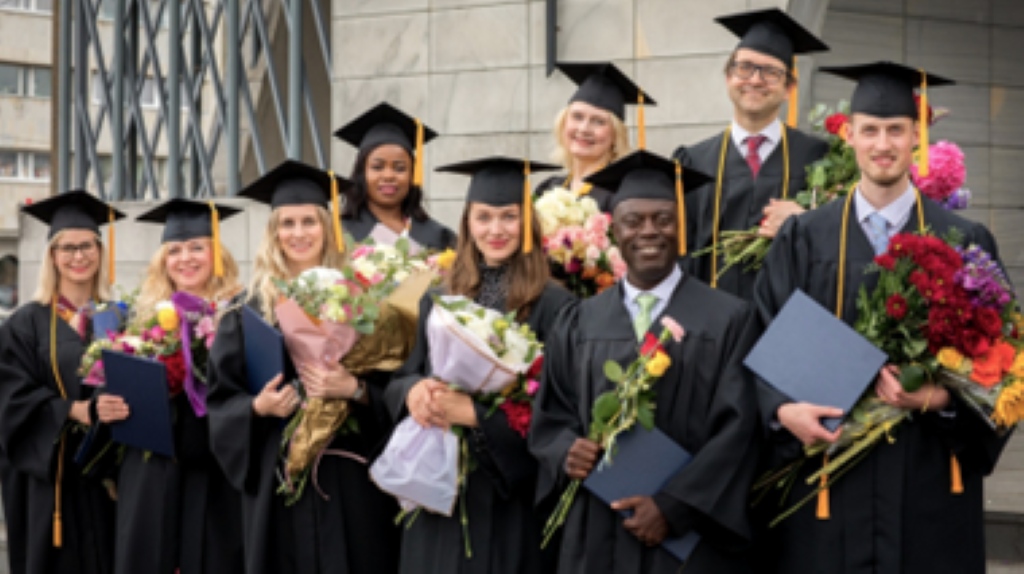
It stands today as a living testimony to God’s faithfulness—shaped by the sacrifices of visionary leaders, sustained by prayer and global support, and committed to the continued equipping of servant-leaders for the Church and the world.
“I will instruct you and teach you in the way you should go; I will counsel you with my loving eye on you.”
(Psalm 32:8)



